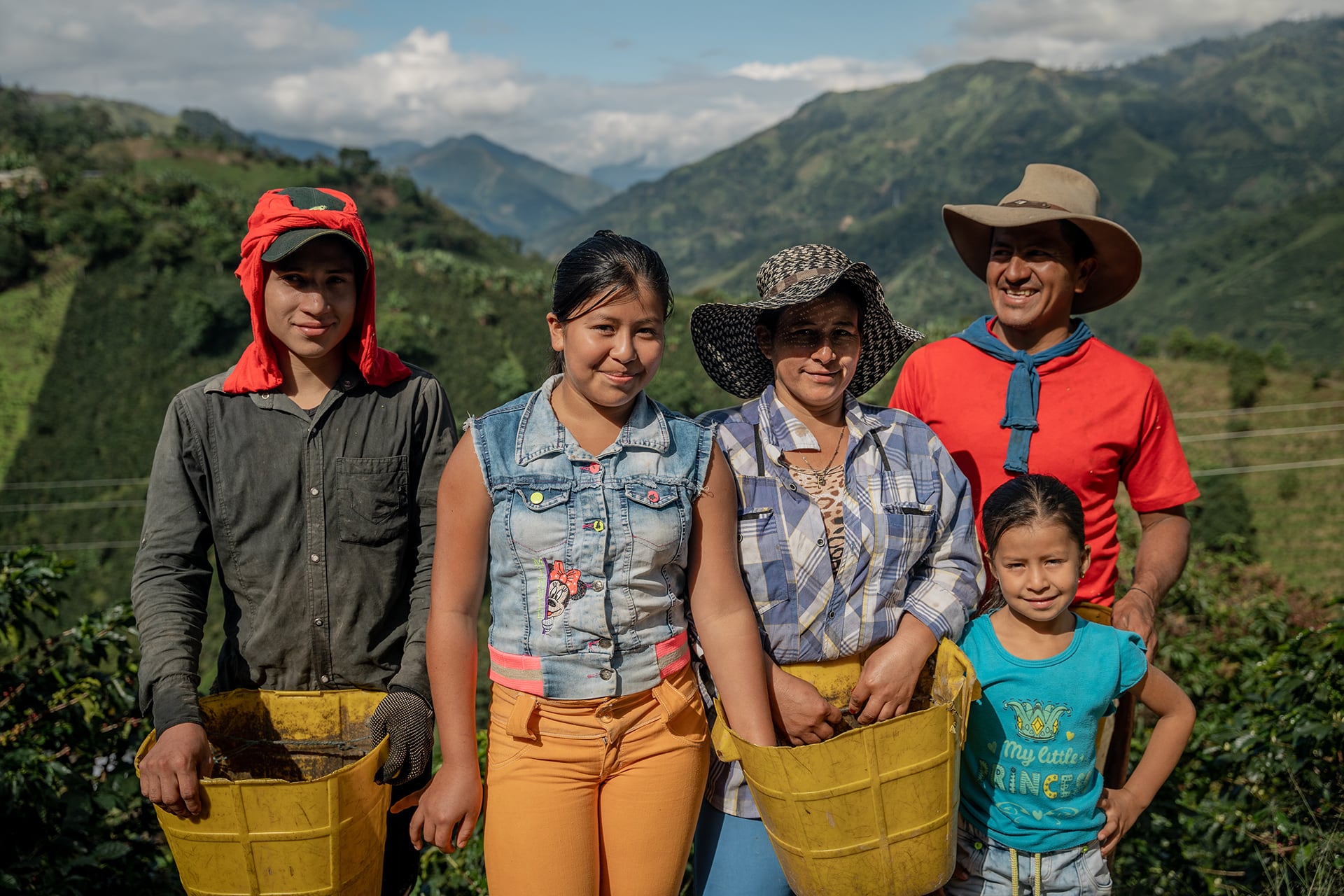
Farmers and Workers
We are a global organization that is co-owned by almost 2 million farmers and workers who earn fairer prices, build stronger communities, and have control over their futures.
Producer networks and producer organizations
Almost two million farmers and workers are members of 1,930 Fairtrade certified producer organizations in 70 countries. The Fairtrade Standards outline the principles of democratic organization and participation required by a producer organization, enabling our approach to apply to a variety of settings – from certified cooperatives and smallholder associations to plantations and factories.
Producer networks are regional associations that Fairtrade certified producer organizations may join if they wish. They represent small-scale producers, workers and other producer stakeholders. There are producer networks in three regions: Africa and the Middle East, Asia-Pacific, and Latin America and the Caribbean.
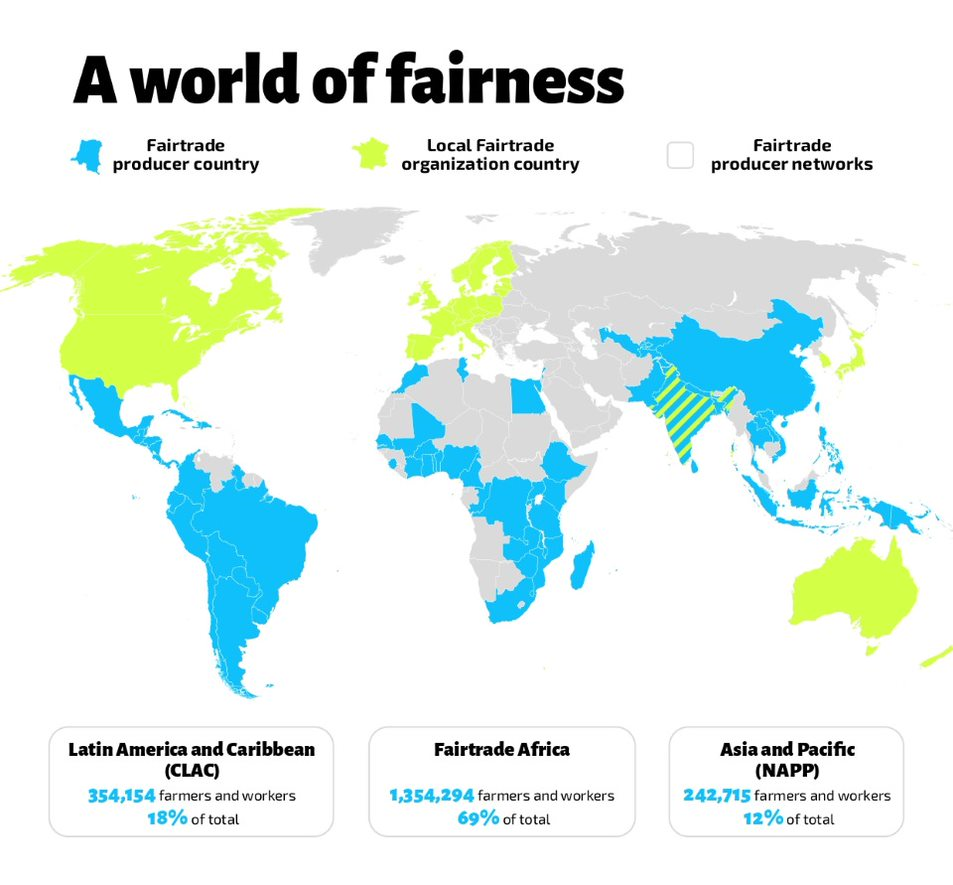
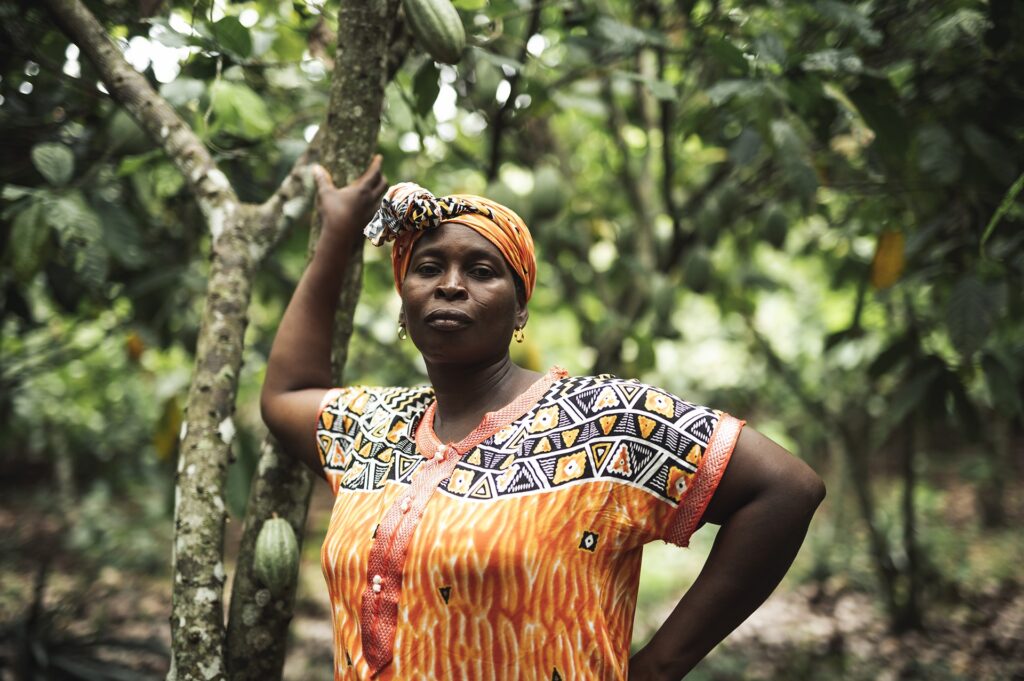
Producers have a strong say in Fairtrade
Fairtrade farmers and workers have 50% of the vote at our General Assembly, and are consulted during the process of establishing new Fairtrade Standards and policies. The three regional Fairtrade producer networks, CLAC (Latin American and Caribbean Network of Fair Trade Small Producers and Workers),
Fairtrade Africa, and NAPP (Fairtrade Network of Asia & Pacific Producers), play a prominent role on the Board of Directors at Fairtrade International, ensuring even greater producer representation.
Farmer and worker testimonials
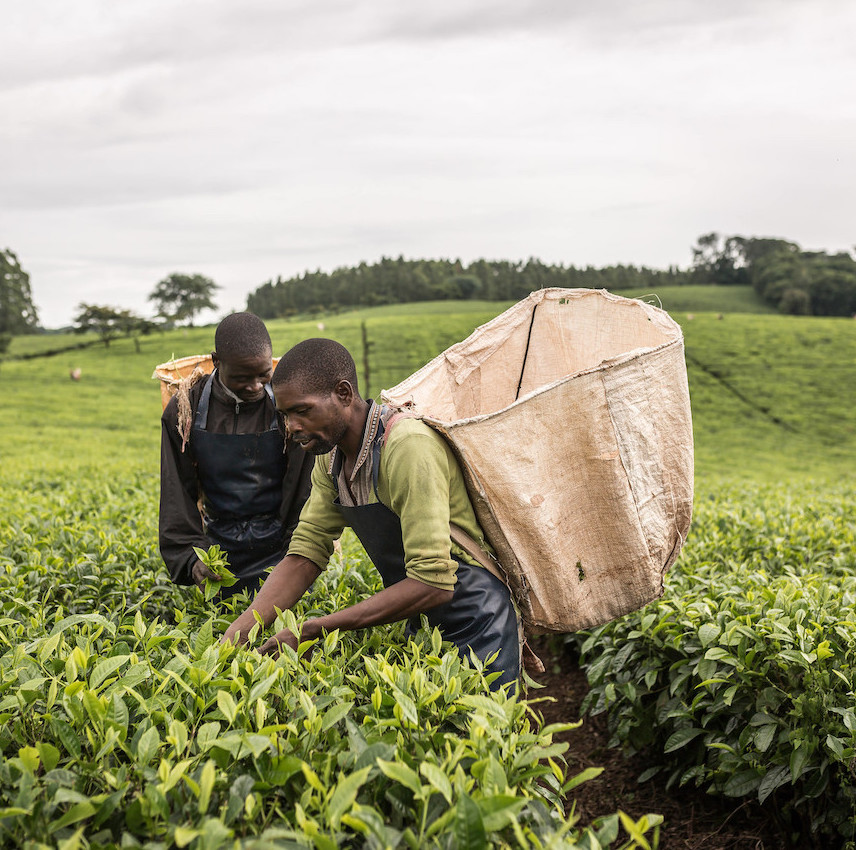
Fairtrade has helped me in so many ways. Before Fairtrade, the amount of money we were getting for our tea was much lower. Through Fairtrade, we’ve been able to invest in school blocks, a clinic, clean water sources, and covering school fees for orphans.
Esme Kamwende
Tea Farmer, Malawi
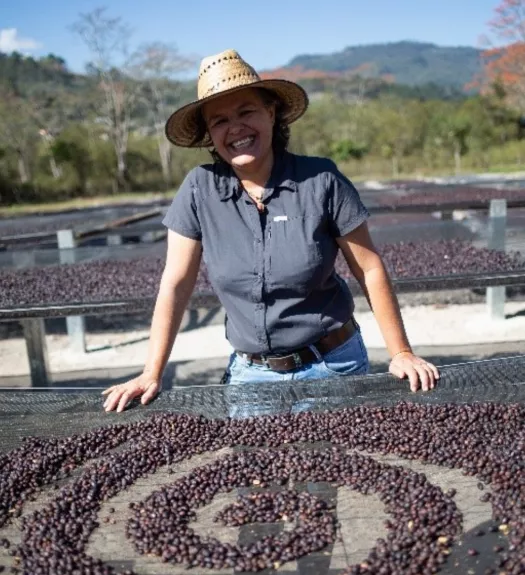
When you drink your cup of coffee, I invite you to remember it comes from a place where people are working to build a different world in which we have peace, in which there is light, there is water, there is air for our future generations.
Miriam Zelaya
Coffee farmer at COMSA cooperative, Honduras
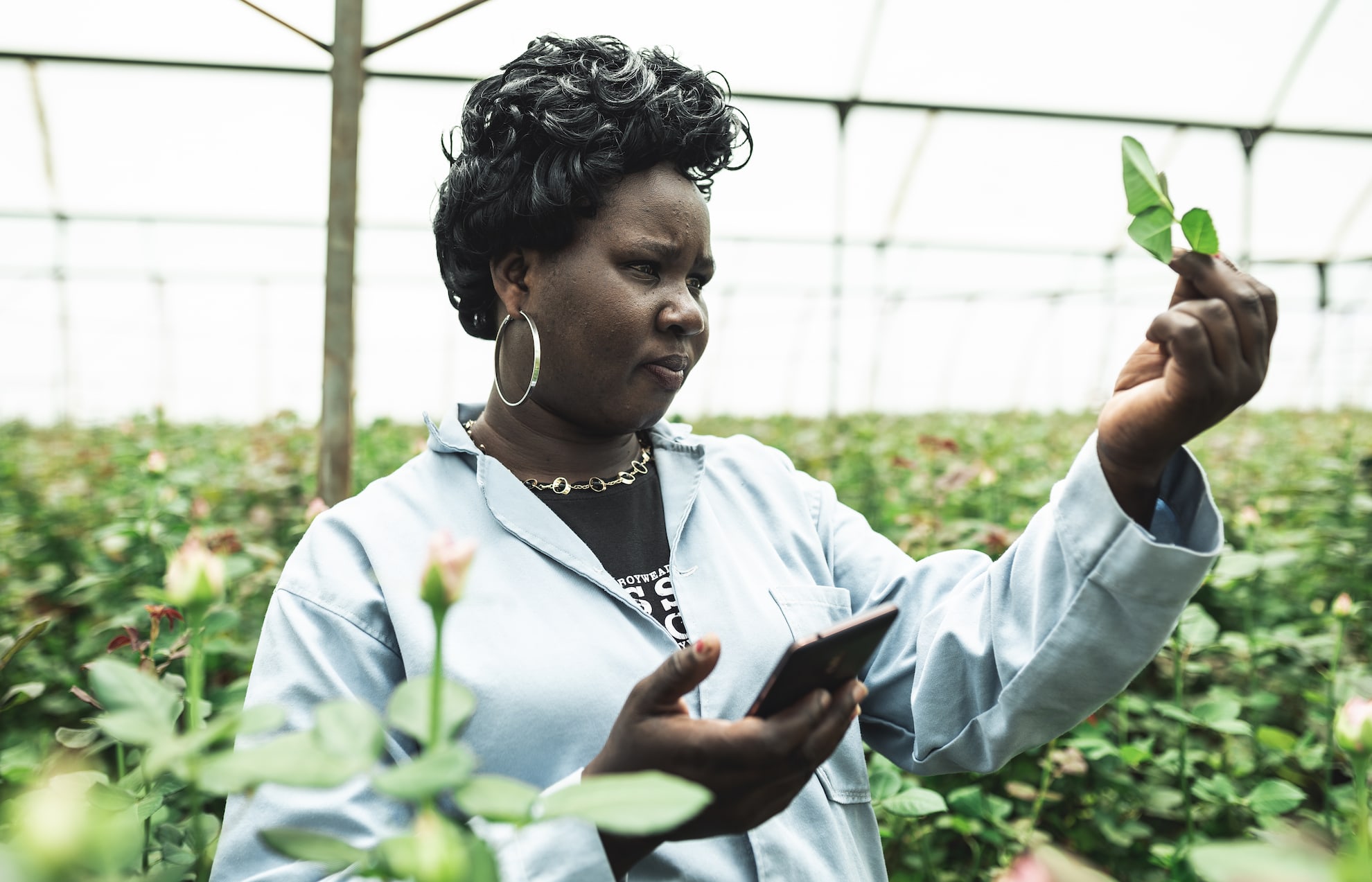
The women in our community have understood that they can do anything that men do. Look at me: I used to be a simple flower worker. Today, I am well-educated and work in a leading position.
Agnes Chebii
Rose Farm Supervisor, Kenya